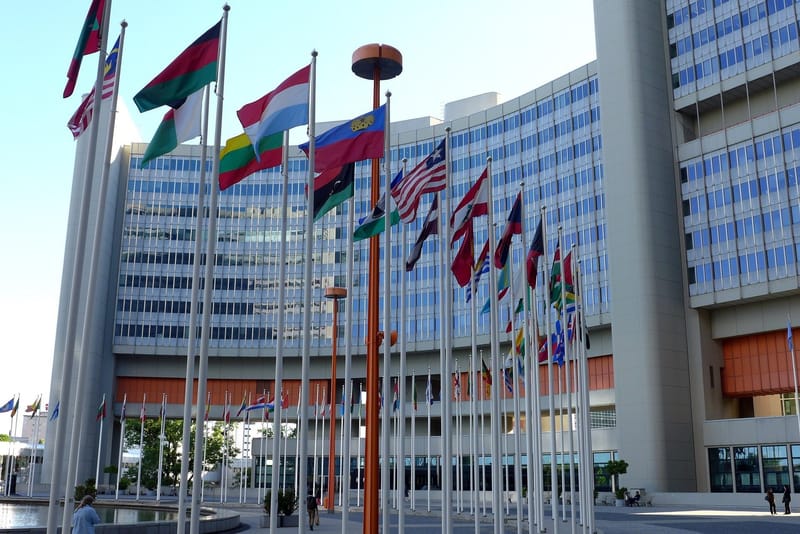RESEARCH CONTENTS

OBJECTIVES
This project on Climate and Security Action through Civil-Military Cooperation in Climate-Related Emergencies (Project CASA) studies the extent to which selected countries in NATO and globally have engaged their national militaries in responding to climate-related emergencies. It examines trends in these responses over time, the degree to which national militaries have the resources and mechanisms needed to prepare for and respond to these emergencies, and the consequences for force composition and readiness from participation in civil protection operations.

METHODOLOGY
The project explores a broad set of research questions to assess the nature, extent, and effectiveness of military involvement in climate-related emergencies and to identify good practices across a wide range of national contexts.
Learn More
DATA + ANALYSIS
This project creates the first cross-national dataset on military involvement in climate-related disasters that aims to provide comprehensive coverage for included countries. The dataset includes national military activities in both domestic and foreign civil protection related to climate-related disasters. The dataset makes it possible to answer a range of research questions related to national militaries’ involvement in climate-related disasters—both for individual countries and comparatively across countries.
Learn More
COUNTRY PROFILES
Country Profiles on Civil-Military Cooperation in Climate-Related Emergencies explore the Project CASA research questions as they relate to selected NATO countries, as well as NATO partners and other countries globally with high climate security risks and/or high civil or military involvement in climate emergencies. Country profiles will include an analysis of the quantitative data collected in the project’s new dataset, as well as details on each country’s legal, funding, and operational frameworks and related policies, procedures, or guidelines on military involvement in climate-related emergencies.
Learn More
INTERNATIONAL MECHANISMS
Profiles of International / intergovernmental organizations (IGOs) explore the research questions as they relate to international coordination mechanisms such as those organised by the EU, NATO, and the UN.
Learn More
FINAL REPORT
The project Final Report will contain the main results of the country profiles, IGO profiles, and dataset analysis. It will include policy options and recommendations for relevant EU, NATO, UN, and other institutions and member states, as well as civilian stakeholders with whom militaries interact in emergency response. It will also highlight good practices that can be advanced from the bottom-up by local authorities and citizens.
Learn More